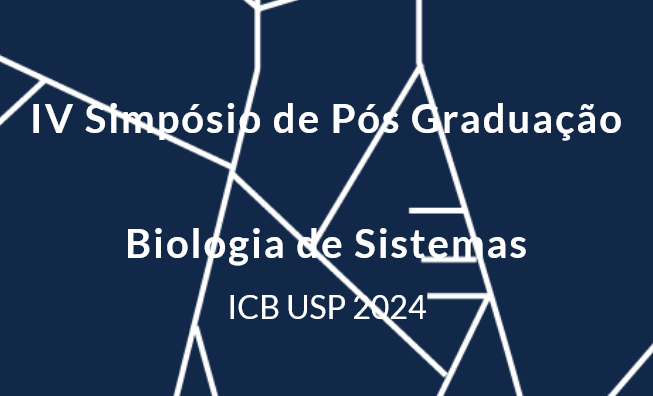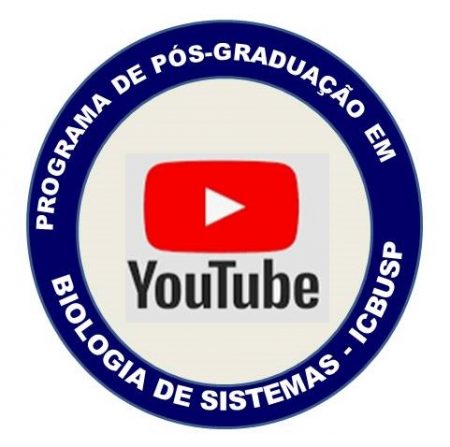Newsletter Nature Briefing – Back to the lab: Publishing in the pandemic
|
|||||
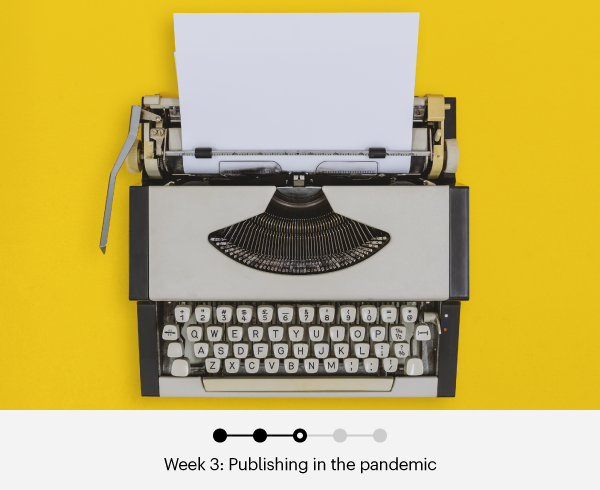 |
|||||
| Hello! This is the third Back to the lab e-mail about kicking your career into high gear. We’re halfway through!
Today we learn how to write a top-notch paper, how to deal with (almost inevitable) rejections and why retraction can be a good thing. |
|||||
Five science-writing tips
|
|||||
No country for bad science writingPulitzer-prizewinning novelist Cormac McCarthy has edited many works by faculty members and postdocs at the Santa Fe Institute in New Mexico, including theoretical biologist and ecologist Van Savage. In bite-size pieces relevant to academics and humble email-writers alike, Savage summarizes the advice he got from McCarthy over a winter of lively weekly lunches. McCarthy’s most important tip: keep it simple while telling a coherent, compelling story. |
|||||
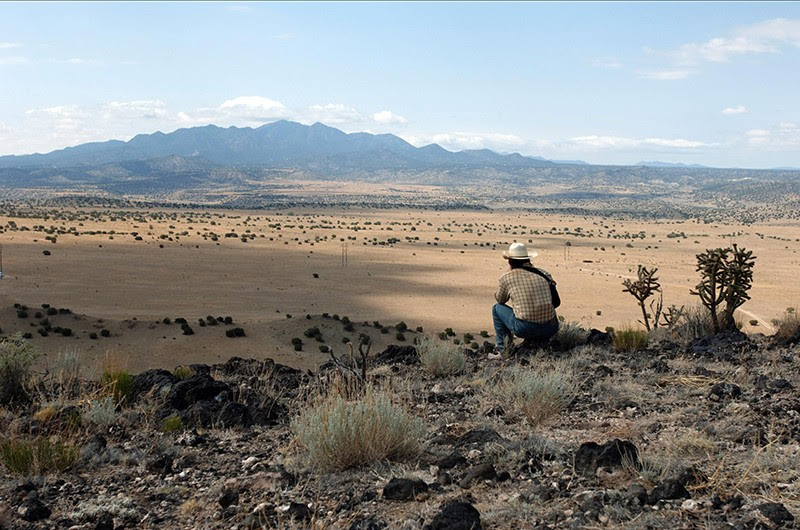 |
|||||
| Actor Josh Brolin as Llewelyn Moss in the 2007 film adaptation of No Country for Old Men, based on the novel by Cormac McCarthy. (Allstar Picture Library/Alamy Stock Photo) | |||||
|
|
|||||
What we learnt from retracting a paper“Someone I admire retracted a very important paper when I was a young scientist,” says Nobel-prizewinning chemist Frances Arnold, who retracted a paper in January. “I wanted to pay that lesson forward.” Arnold and three other senior scientists share what they learnt from the experience of retracting flawed papers. |
|||||
|
|
|||||
How to bounce back from rejectionNot all papers will breeze through the editing and peer-review process. Rejection is a difficult and regular part of a scientist’s life. In this piece — itself initially rejected by Nature — zoologist Lucy Taylor offers advice based around her recent experience. She recommends taking the time to step back and reflect on your core goals before you move on. |
|||||
Technology tips
|
|||||
Is this scientific publishing’s new normal?The COVID-19 crisis has underlined just how fast and open science publishing can be. Preprint servers are overflowing with preliminary results, peer review is proceeding in record time and many journals have made relevant research free to read. The question is: are these changes here to stay? |
|||||
|
|
|||||
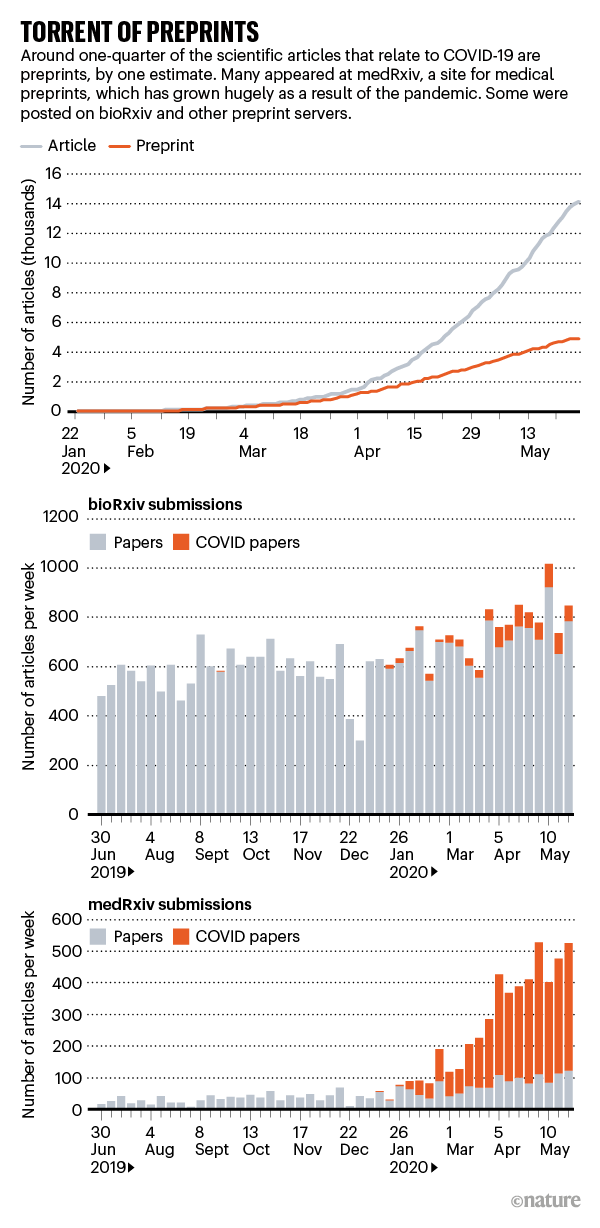 |
|||||
| Publishing trends since the pandemic show an increase in the production of preprints (J. Inglis et al. Preprint at bioRxiv http://doi.org/dxdb (2020).) | |||||
Bookmark these
|
|||||
|
|
|||||
|
|||||
|
|
|||||
|
|||||
| You received this newsletter because you subscribed with the email address:
Please add [email protected] to your address book. Had enough? Unsubscribe from Back to the lab. Nature | The Springer Nature Campus, 4 Crinan Street, London, N1 9XW, United Kingdom Nature Research, part of Springer Nature. |











